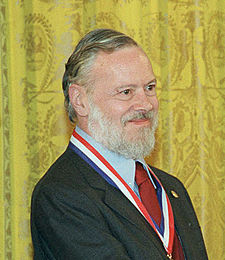I totally forgot to blog and let you know in advance about this, but they say it’s better late than never, so here it goes. The Ubuntu-Cy guys are organizing yet another event – Free Software Workshop 2011. It’s going to take place tonight, Friday, October 21st, 2011 at KXE1 Computer Lab at Cyprus University of Technology (CUT) in Limassol, Cyprus.
Below is the English version of the announcement, including the program. Visit this forum thread for any updates and for the Greek version.
Workshops of Free and Open Source Software 2011
The Ubuntu Linux Local Community in collaboration with the Information Systems and Technology Service of CUT and the New Technologies Club of CUT, invites you to a showcase event about the features the Free/Open Source Software in medicine, computing, home entertainment and search methods . The event will be held on October 21, 2011 in the KXE1 computer room of CUT, in the Andreas Themistocleous building (Old Land registry) in Limassol:
Click here for the Google Maps location
The agenda of the event is as follows:
18:00 to 18:30: “Free / Open Source in everyday medical practice” (Greek)
Dr. Eugene Metaxas18:40 – 19:10: “What is version control software and why do you need it?” (English)
Leonid Mamchenkov19:20 – 19:50: “XBMC as a core of home entertainment” (English)
Michael Stepanov20:00 – 20:30: “make install: Installation Methods of Free/Open Source Software” (Greek)
Marios Isaakidis20:30 to 21:00: “Intelligent search techniques” (Greek)
Theodotos Andreou21:10 – 21:40: “Linux Security Tools” (Greek)
Gregoris ChrysanthouThe event is open to everyone and you can bring your laptop if you need any help. We are also going to give away Linux CDs/DVDs
Try Free and Open Source Software! Information without obstacles!
As you can see, I will be one of the speakers. Also, my very good friend Michael will do a presentation.
Once we are all done with the talks, we’ll probably move to a bar to continue the discussion over a pint. So if you are interested in Free and Open Source software, Linux, or just want to meet with fellow geeks, don’t miss this opportunity. They don’t come that often.

